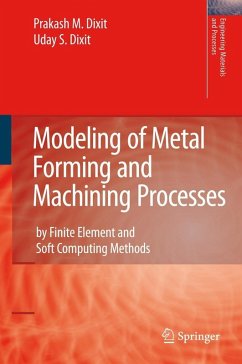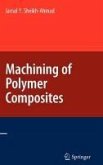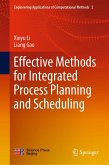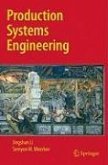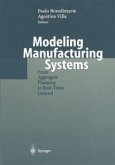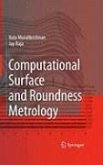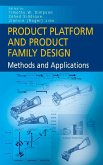The physics of metal forming and metal removing is normally expressed using non-linear partial differential equations which can be solved using the finite element method (FEM). However, when the process parameters are uncertain and/or the physics of the process is not well understood, soft computing techniques can be used with FEM or alone to model the process.
Using FEM, fuzzy set theory and neural networks as modeling tools; Modeling of Metal Forming and Machining Processes provides a complete treatment of metal forming and machining, and includes:
. an explanation of FEM and its application to the modeling of manufacturing processes;
. a discussion of the numerical difficulties of FEM;
. chapters on the application of soft computing techniques in this modeling process.
The algorithms and solved examples included make Modeling of Metal Forming and Machining Processes of value to postgraduates, senior undergraduates, lecturers and researchers in these fields. R&D engineers and consultants for the manufacturing industry will also find it of use.
Using FEM, fuzzy set theory and neural networks as modeling tools; Modeling of Metal Forming and Machining Processes provides a complete treatment of metal forming and machining, and includes:
. an explanation of FEM and its application to the modeling of manufacturing processes;
. a discussion of the numerical difficulties of FEM;
. chapters on the application of soft computing techniques in this modeling process.
The algorithms and solved examples included make Modeling of Metal Forming and Machining Processes of value to postgraduates, senior undergraduates, lecturers and researchers in these fields. R&D engineers and consultants for the manufacturing industry will also find it of use.
Dieser Download kann aus rechtlichen Gründen nur mit Rechnungsadresse in A, B, BG, CY, CZ, D, DK, EW, E, FIN, F, GR, HR, H, IRL, I, LT, L, LR, M, NL, PL, P, R, S, SLO, SK ausgeliefert werden.

